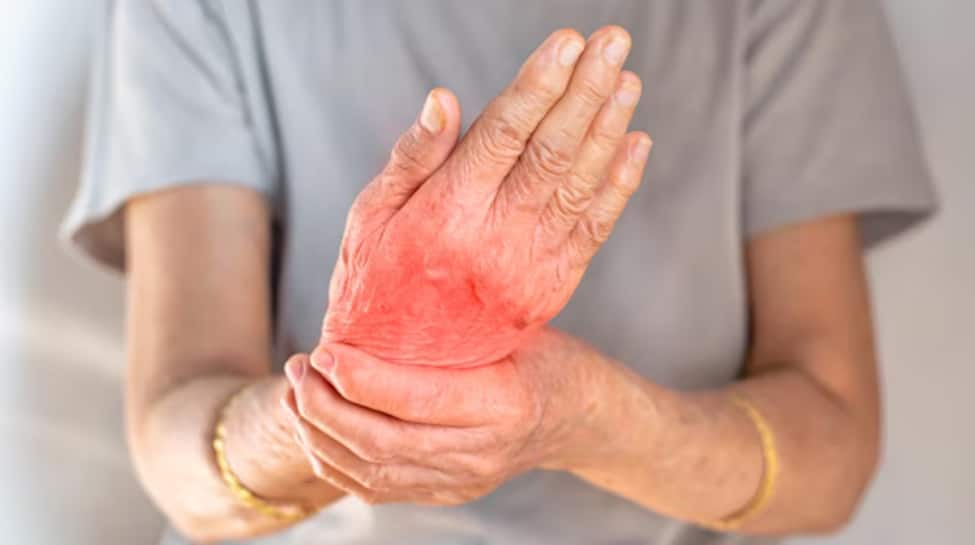
Vitamin D is among the most important nutrients that help with the growth and development of bones and teeth. It also provides improved resistance to certain diseases and regulates your nervous and musculoskeletal systems, along with enhancing your immunity levels. However, experts say in winter you may lack this essential component, leading to physical and mental health concerns.
Here are the most common signs that may indicate a deficiency of vitamin D. Frequent illness A lack of vitamin D deficiency could be blamed if you are constantly getting sick in winter. According to studies, there is a link between higher disease severity in people in ICUs and low levels of vitamin D.

Severe back pain While you may dismiss back pain to the wrong sleeping posture, losing muscle strength can lead to increased stress on your back and neck muscles, which significantly increases stress. According to doctors, lower back pain, in particular, is a common complaint among those with vitamin D deficiencies. Experts say screening people with lower back pain for vitamin D deficiencies can be helpful, as treatment like vitamin D supplements can ease pain-related symptoms.
Hair fall Vitamin D plays an important part in regulating the hair cycle, including the regeneration of new hair follicles. And because of vitamin D's role in hair growth, experts say it is also possible that a lack of this nutrient can slow hair growth. Studies also say those with lower vitamin D levels can have alopecia, an autoimmune disorder that causes hair loss.
Weight gain While winter is associated with weight gain, those with obesity are 35 per cent more likely to have a vitamin D deficiency than people without obesity. Studies say they are also 24 per cent more likely to experience this deficiency than people who are considered overweight. According to research, the accumulation of vitamin D in adipose tissue explains why people with obesity have low vitamin D blood levels.
Fat cells hold on to vitamins and do not release them into the blood. Gum diseases Vitamin D is also essential for healthy gums, as it helps in calcium absorption. Low levels of vitamin D are linked with an increased risk of periodontitis—possibly because of its connection to the immune system.
According to doctors, vitamin D reduces inflammation and mineralization effects on the tissue surrounding your teeth. Urinary tract infection The winter months see a high number of cases of urinary tract infections or UTIs, especially among women. Experts say vitamin D is essential in preventing this infection by helping your body produce natural antibiotics.
And so, a deficiency of this vitamin can be a major risk factor for UTIs. UTIs are bacterial infections that affect any part of the urinary system—including the bladder, kidneys, ureters, and urethra. Ways to treat vitamin D deficiency According to doctors, it is important to replenish your vitamin D levels, especially in winter, to have a balanced body function.
While you might consider eating more foods containing vitamin D and getting more sunlight, your doctor will likely recommend taking vitamin D supplements as well. Vitamin D comes in two forms: D2 and D3. While D2 comes from plants, D3 is available through animals.
Doctors say your body more easily absorbs D3 than D2. Get Latest News Live on Times Now along with Breaking News and Top Headlines from Health and around the world..















